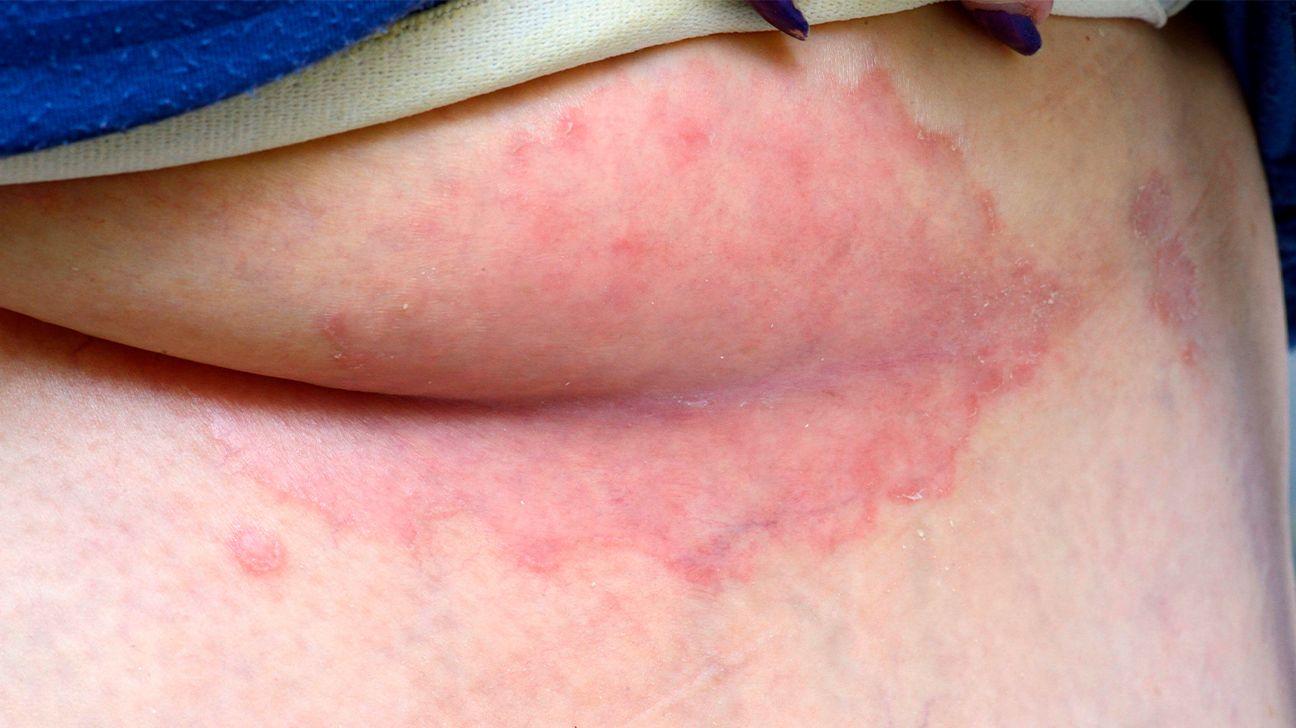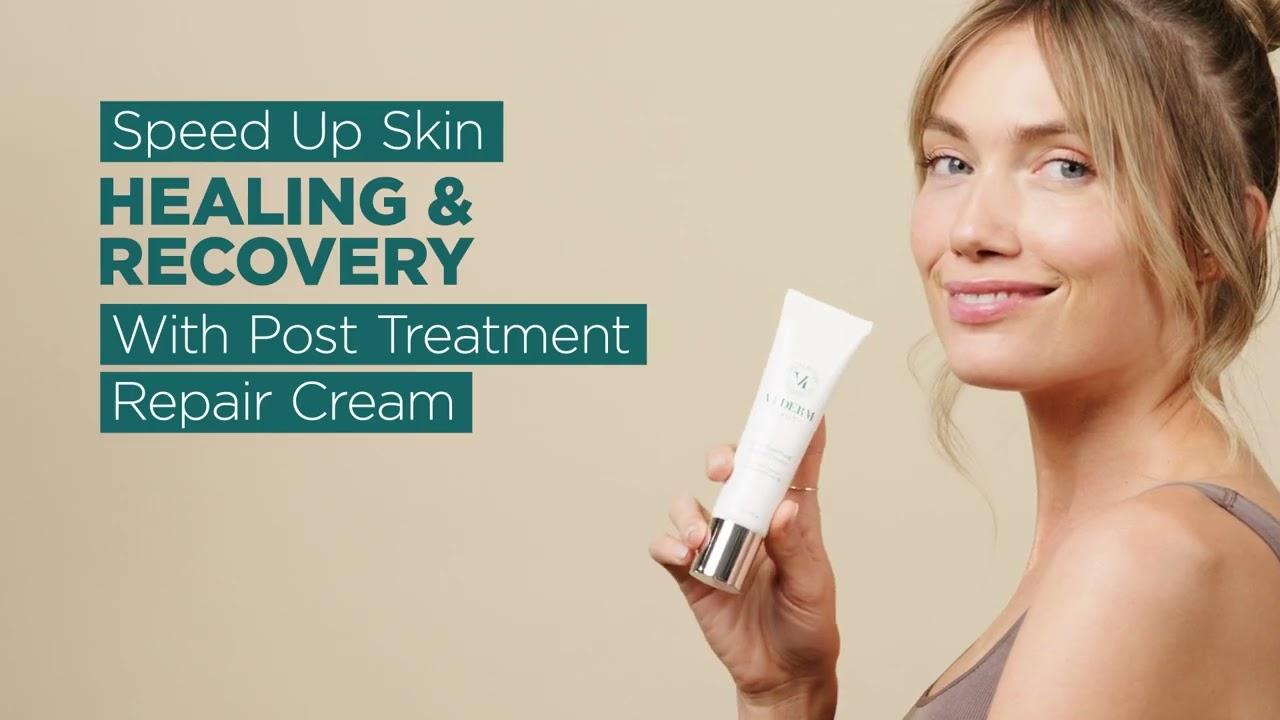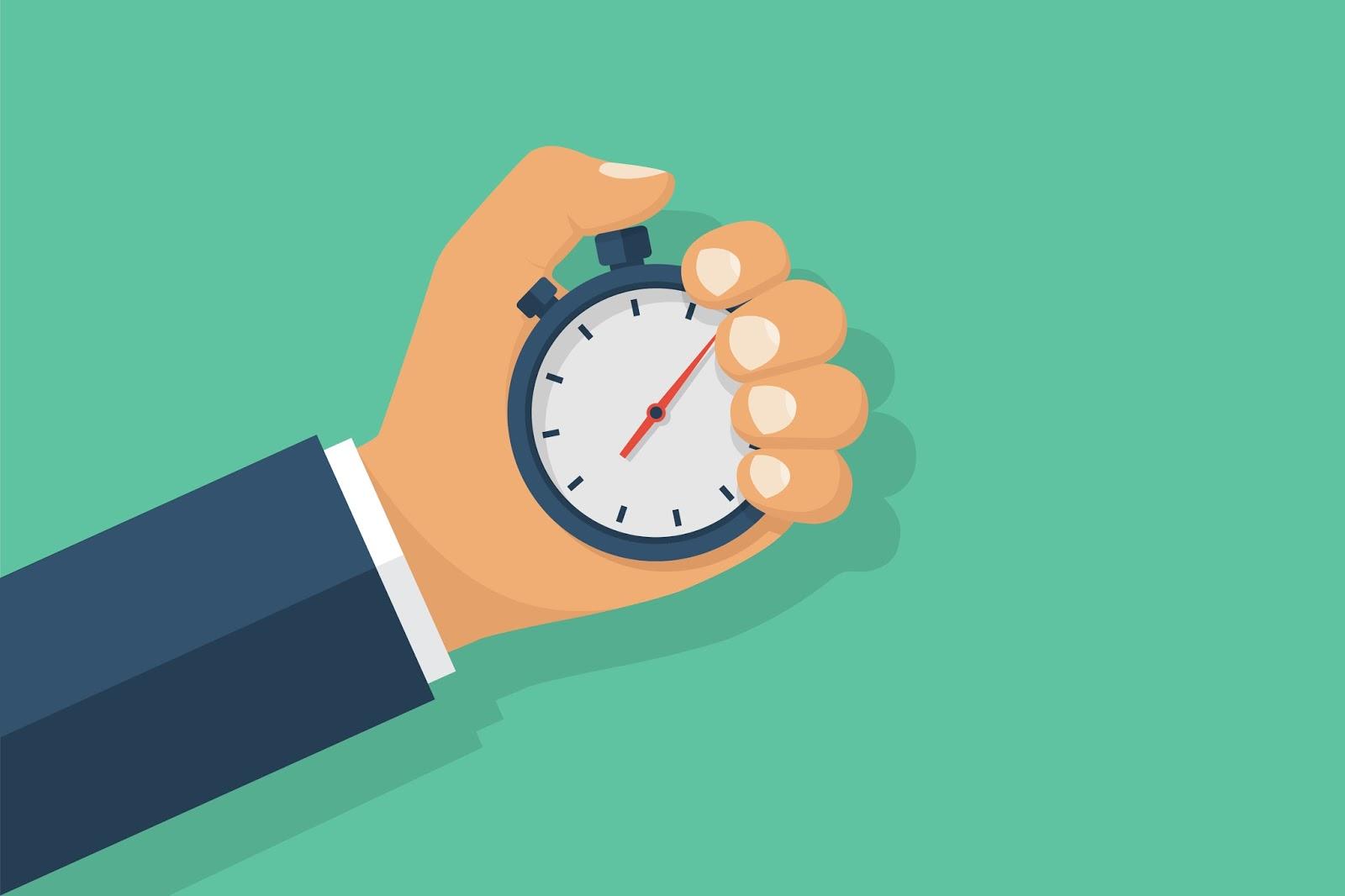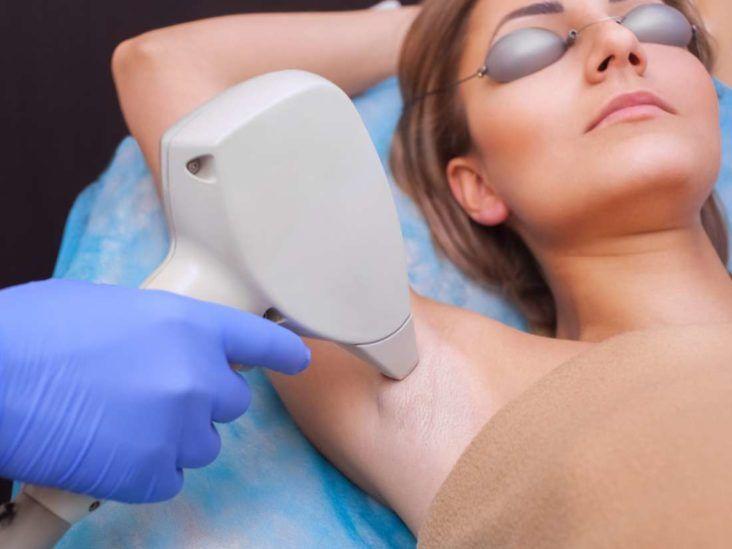Picture this: You’re lounging on a sun-drenched beach, your skin as smooth as glass, all thanks to the magic of laser hair removal. Sounds like a dream, right? But before you don your swimsuit and beach towel, it’s essential to consider the other side of this shimmering coin. Laser hair removal may promise silky smooth skin and freedom from razors, but it isn’t always all sunshine and carefree beach days. Dive in with us as we unravel the unexpected ups and downs of this popular procedure. Here, in “Laser Hair Removal Woes: Side Effects You Should Know,” we’ll explore the quirks and kinks, uncovering what lies beneath that perfect hair-free surface. So grab a comfy seat and a cup of tea, and let’s navigate these laser-beamed waters together!
Table of Contents
- Understanding Skin Reactions: What to Expect After Your Session
- Easing the Burn: How to Soothe Post-Treatment Redness and Irritation
- The Pigmentation Problem: Preventing Dark Spots and Discoloration
- Managing Sensitivity: Tips for Lowering Pain During Laser Hair Removal
- Timing Your Treatments: When and How Often to Schedule for Optimal Results
- Q&A
- Concluding Remarks

Understanding Skin Reactions: What to Expect After Your Session
After a laser hair removal session, it’s completely normal to experience a few **skin reactions**, albeit mildly inconvenient at times. Immediately post-treatment, your skin might appear a bit red or swollen, akin to a sunburn. This is a result of the laser targeting the hair follicles, and rest assured, it usually subsides within a few hours.
Another common reaction you might notice is **itchiness**. This can be attributed to the skin’s reaction to the laser and the natural healing process. To soothe the itch, aloe vera gel or a gentle moisturizer can be your best friend. Be sure to avoid scratching the treated area to prevent any risk of infection.
Occasionally, you might spot **small blisters** or **temporary changes in skin color**. These occur rarely but are important to watch for. If you see dark spots (hyperpigmentation) or lighter patches (hypopigmentation), don’t panic. These typically resolve on their own within a few days to weeks. Treat your skin gently and steer clear of direct sun exposure to speed up the healing process.
Lastly, be aware that you might experience **temporary hair growth**. It’s not uncommon to see some stray hairs pushing through the treated area. This is because the laser targets hair follicles in their growth phase, and some follicles might have been in a different cycle during your session. Regular treatments will ensure a smoother, hair-free result in the long run.
| Reaction | Normal Duration | Remedy |
|---|---|---|
| Redness/Swelling | Few Hours | Aloe Vera Gel, Cool Compress |
| Itchiness | 1-2 Days | Moisturizer, Avoid Scratching |
| Blisters | A Few Days | Antibiotic Ointment, Keep Clean |
| Skin Color Changes | Few Weeks | Hydrating Cream, Sunscreen |

Easing the Burn: How to Soothe Post-Treatment Redness and Irritation
Experiencing redness and irritation is common after laser hair removal, but there are numerous ways to minimize discomfort and speed up recovery. One of the most effective methods is **cooling the skin immediately after treatment** with ice packs or cold compresses. Not only does this provide instant relief, but it also helps to reduce swelling. Consider using a soft cloth to wrap the ice pack and avoid placing it directly on the skin to prevent ice burns.
Hydration plays a crucial role in skin healing. After your treatment, ensure you **moisturize your skin regularly**. Look for products containing aloe vera or chamomile, which are known for their soothing properties. These can help calm inflammation and provide much-needed moisture to the treated area. Additionally, stay hydrated by drinking plenty of water; this helps your skin recover from the inside out.
It’s equally important to observe **certain post-treatment care guidelines** to avoid further irritation. Some helpful tips include:
- Avoid hot showers or baths for at least 48 hours.
- Steer clear of harsh skincare products containing alcohol or fragrances.
- Wear loose-fitting, breathable clothing to prevent fabric friction.
- Stay out of direct sunlight and use a mineral-based sunscreen.
For those who might need a little extra help, a few over-the-counter remedies can make a difference. **Hydrocortisone cream** is an anti-inflammatory option that reduces redness and itching, while **oral antihistamines** can lessen significant itching if it occurs. Before using any medication, it’s always best to consult with your dermatologist to ensure it’s appropriate for your skin type and condition.
| Method | Purpose |
|---|---|
| Ice Packs | Reduce swelling |
| Moisturizer | Hydrate and soothe |
| Hydrocortisone Cream | Reduce inflammation |
| Cold Compress | Instant relief |

The Pigmentation Problem: Preventing Dark Spots and Discoloration
One of the less talked-about side effects of laser hair removal is skin pigmentation issues. Although generally regarded as safe and effective, the procedure can lead to dark spots and discoloration, particularly for those with darker skin tones. The intense heat from the laser targets hair follicles but can also affect melanin, the pigment in our skin, leading to unexpected hyperpigmentation or hypopigmentation.
To minimize these risks, it’s crucial to consult with a certified dermatologist or laser technician who uses FDA-approved equipment. Here are some tips to follow:
- Patch Test: Always request a patch test before undergoing the full procedure. This helps you gauge how your skin will react.
- SPF Protection: Use a high SPF sunscreen before and after the treatment to protect your skin from UV rays, which can exacerbate pigmentation problems.
- Hydration: Keep your skin well-moisturized to help it heal faster and reduce the risk of pigmentation issues.
Curious about which skin types are more susceptible to pigmentation issues? Here’s a short guide:
| Skin Type | Risk Level |
|---|---|
| Fair | Low |
| Medium | Moderate |
| Dark | High |
If pigmentation does occur, don’t panic. Treatments like topical lightening creams or microdermabrasion can help alleviate these issues. Moreover, consistency is key—regular skin care routines focusing on brightening and hydration can minimize the appearance of dark spots over time. Ultimately, being cautious and taking preventive measures can save you from unwanted pigmentation woes.
Managing Sensitivity: Tips for Lowering Pain During Laser Hair Removal
For those who find themselves wincing at the thought of each zap, there are several strategies to make the process less daunting. One potent weapon in your arsenal is topical anesthetics. Applied to the target area about 30 to 60 minutes before treatment, these creams numb the skin and significantly reduce discomfort. Consult your provider about which product fits best with your skin type and the intensity of your treatment.
Another quick trick to lessen the sting is to stay hydrated and avoid caffeine. Drink plenty of water the day before and on the day of your appointment. Caffeine can increase skin sensitivity, making you more prone to pain, so it’s best to skip that morning cup of coffee. Instead, opt for a calming herbal tea or just plain H2O.
Maintenance of appropriate timing in treatments also plays a crucial role. Don’t schedule your laser session around your menstrual cycle, as hormonal changes can heighten pain sensitivity. Consider treatments in the afternoon rather than in the morning when your body temperature is naturally higher, reducing the perception of pain.
| Tip | Recommendation |
|---|---|
| Topical Anesthetics | Apply 30-60 minutes before treatment |
| Hydration | Drink ample water, no caffeine |
| Timing | Avoid around menstrual cycle, prefer afternoons |
Consider communication with your technician as your best friend. Let them know if you’re experiencing more discomfort than expected. They can adjust the settings on the machine, making it less intense. Also, try simple distraction techniques like listening to music or engaging in light conversation during the procedure. The mental diversion can make a huge difference in how you perceive the discomfort.
with the right preparation and mindset, you can transform an uncomfortable ordeal into a manageable beauty routine. So, prep well, step in confidently, and you might just find the process becoming a lot less painful!

Timing Your Treatments: When and How Often to Schedule for Optimal Results
To ensure you get the best results from your laser hair removal treatments, meticulous timing is crucial. The hair growth cycle can be tricky to navigate, and understanding this cycle can make a significant difference in the effectiveness of your sessions. Ideally, treatments should be spaced out to align with the anagen phase — when hair is actively growing. This usually means scheduling your appointments every 4 to 6 weeks, but this can vary depending on individual hair growth rates and the specific area being treated.
- Body Areas: Most body areas such as legs, arms, and back require sessions spaced about 6 weeks apart.
- Face and Neck: For facial areas, sessions may need to be scheduled more frequently, about every 4 weeks.
- Smaller Zones: Areas like the upper lip and chin might need even closer intervals, around 3 to 4 weeks.
Here’s a quick reference table for session intervals by body area:
| Body Area | Interval |
|---|---|
| Legs | 6 weeks |
| Face | 4 weeks |
| Bikini Line | 4-6 weeks |
| Arms | 6 weeks |
Consistency is key to achieving optimal results. Missing appointments or stretching out the time between sessions can affect the progress of hair reduction. This is because only a portion of your hair is in the active growth stage at any given time. By following a regular schedule, you ensure that all hairs eventually get treated during their most responsive phase.
lifestyle and skin type can influence how often you should schedule your treatments. For instance, darker skin types might require longer intervals and a customized approach. It’s always best to consult with your dermatologist or laser technician to tailor a schedule to your specific needs. Taking these factors into account will not only help maximize the effectiveness of your treatments but also minimize potential side effects and discomfort.
Q&A
Q&A: Understanding Laser Hair Removal Woes
Q1: What’s the basic idea behind laser hair removal?
A1: Imagine a tiny laser superhero targeting your hair follicles! Essentially, the laser beams a concentrated light that’s absorbed by the pigment (melanin) in your hair. This light turns into heat, which damages the hair follicles, reducing hair growth without damaging the surrounding skin. It’s like a precise, mini star wars battle on your skin!
Q2: Are there any immediate side effects after a session?
A2: Most people might experience a sunburn-like sensation right after the treatment. It’s pretty common to have some redness and slight swelling in the treated areas. Think of it as your skin throwing a little tantrum for a day or two. A cold compress or aloe vera gel can be your skin’s best friends during this period!
Q3: Can laser hair removal cause pigmentation issues?
A3: Yes, pigmentation changes can happen, although they’re usually temporary. Dark spots (hyperpigmentation) or light spots (hypopigmentation) might make a cameo appearance on your skin. It’s most likely to happen in people with darker skin tones or those who didn’t avoid sun exposure before or after treatment. So, sunscreen is a must, darling!
Q4: What about pain – is laser hair removal painful?
A4: The pain factor can vary. Some describe it as a rubber band snapping against their skin, while others experience just a warm, tingling sensation. It’s not exactly a spa day, but it’s usually bearable. If you’re worried, your practitioner can apply a numbing cream to keep those nerves calm!
Q5: Is it possible to get burns or blisters from laser hair removal?
A5: While rare, burns and blisters can occur, particularly if the laser technician is not properly trained or if the equipment is faulty. It sounds scarier than it is – typically, these issues are minor and heal quickly. Always check for a qualified professional with good reviews to play it safe.
Q6: Do I need to worry about eye protection during the treatment?
A6: Absolutely, eye protection is non-negotiable! Both you and the technician must wear special goggles to protect your eyes from the laser. Otherwise, the laser can potentially cause eye damage. Safety first, fashion second, in this case!
Q7: Could I develop scars from laser hair removal?
A7: Scarring is incredibly rare but not impossible. If you follow pre- and post-care advice properly and go to an experienced technician, your chances of scarring diminish significantly. Essentially, don’t pick or scratch treated areas – love your skin, and it will love you back!
Q8: Are there any long-term side effects to be aware of?
A8: Most long-term side effects are uncommon. Some people might develop changes in skin texture or, very rarely, experience hair growing back lighter or finer. The more you stick to professional, hygienic facilities, the fewer worries you’ll have!
Q9: Can everyone happily hop on the laser hair removal train?
A9: Not necessarily. It works best on people with fair skin and dark hair. Those with light hair or dark skin might not get the same stellar results and could be at higher risk for side effects. Always have a consultation to see if you’re a laser candidate or if another hair-removal method might be your perfect match.
Q10: Any tips to minimize the side effects?
A10: Sure! Avoid sun exposure before and after treatments, shave (don’t wax) before sessions, follow post-care instructions diligently, and choose a certified professional. Hydrate your skin and be patient; results take time and dedication – but aren’t all good things worth the wait?
Remember, knowledge is power! So, arm yourself with these tips and make an informed decision before diving into the laser world. Shine bright and stay fabulous! 🌟
Concluding Remarks
As we wrap up our deep dive into the world of laser hair removal and its potential pitfalls, it’s clear that while smooth, hair-free skin can be a dream come true, it’s not without its occasional nightmares. Remember, knowledge is power, and being well-informed is your best defense against any unexpected surprises. With the right preparation and a savvy approach, you can navigate the laser landscape with confidence.
So here’s to making smart choices, smooth journeys, and silky skin. If laser hair removal is on your horizon, may your experience be as bright and clear as the laser beams themselves. Until next time, stay informed, stay fabulous, and here’s to the pursuit of beauty, one pulse at a time!






